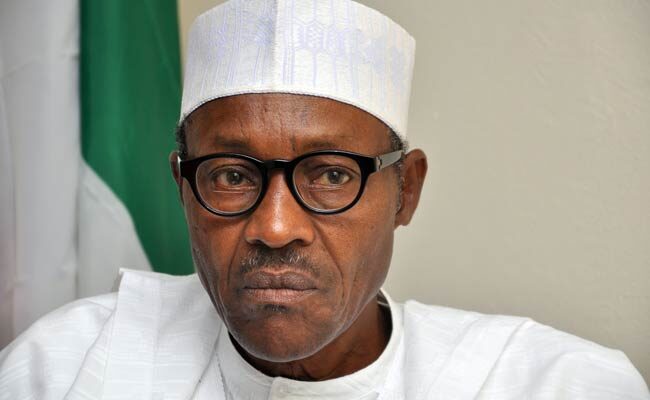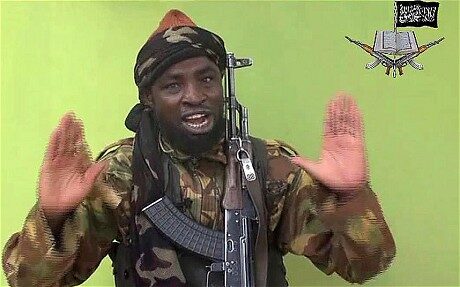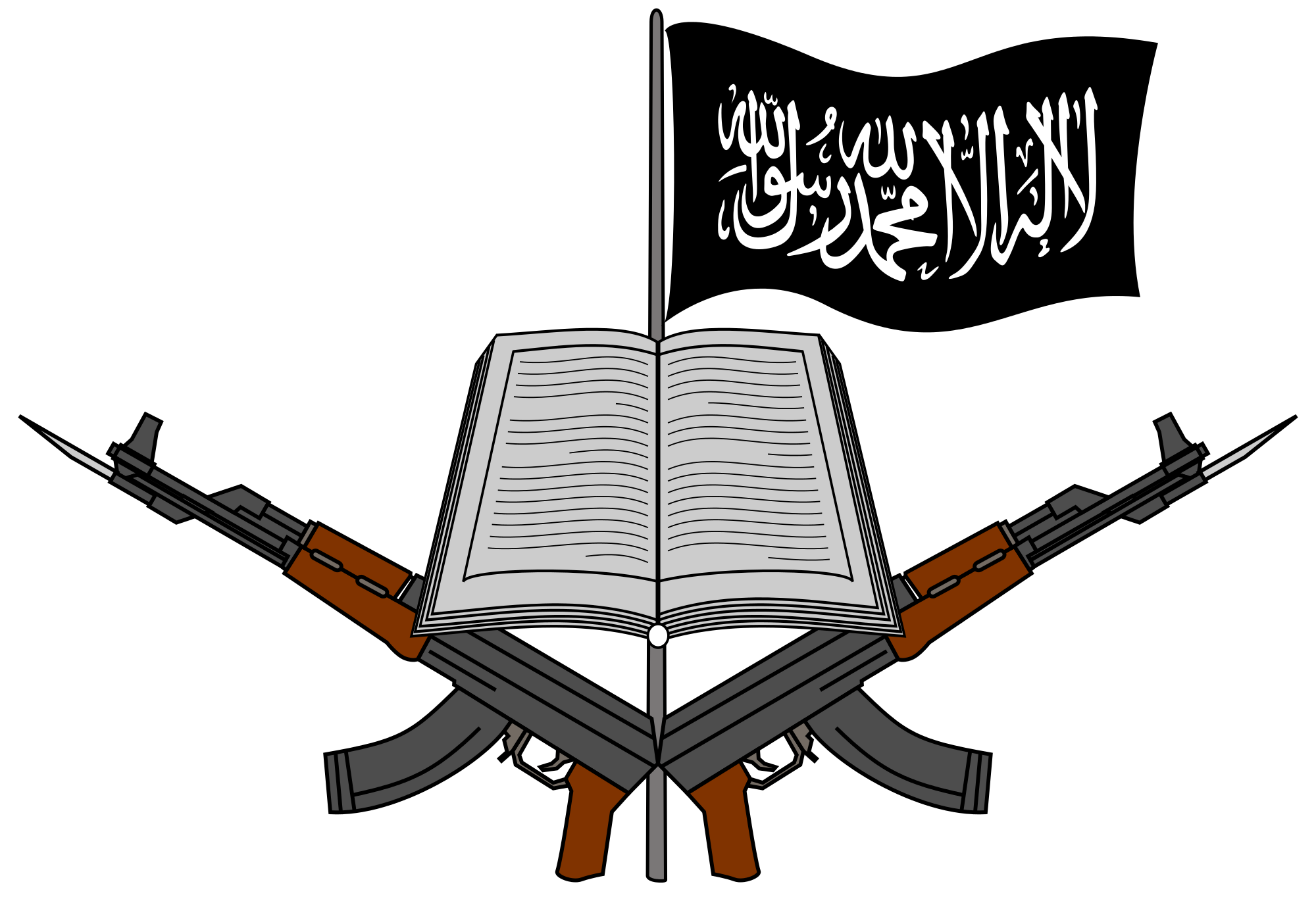BOKO HARAM AND AFRICAN TERRORISM
Abu Bakr Shekau is a terrorist with nine lives. Although he has been declared dead on several occasions, he regularly resurfaces on the African Islamic terrorism stage. His last appearance, or recital, was in March 2016. Shekau looked ill and, unlike his past statements, he invited his movement to surrender and seek a peace deal. However, there are a number of doubts over these claims. Was it really him? Why did he post his video on YouTube and not on the ISIS’s Twitter accounts? Why is he suddenly so willing to negotiate? Did someone replace him? Is the movement split between those who want peace and those who don’t?
A lot of questions, and still no answers. Surely enough, since general Muhammadu Buhari became the new president of Nigeria, the former coup leader and fellow muslim like Shekau has decided to upscale the fight against Boko Haram. At the same time, within the framework of the operation “Safe Corridor”, he has offered a form of amnesty, rehabilitation and reeducation to those terrorists ready to repent. Buhari has also emphatically stated that Shekau’s group is “technically defeated”. Given the Nigerian president’s prophecy of getting rid of Boko Haram by the end of 2015, we should all agree over what “technically” exactly means. At the same time, we should look back at what the cost has been: 6-7.000 people killed – some estimates claim they could be 20 thousand – two and a half million refugees or IDPs, thousands of churches and schools destroyed, hundreds of forcefully enrolled child soldiers.
Furthermore, Shekau’s group was not confined to Nigeria anymore, but had stretched its reach to neighboring Chad, Cameroon and Niger. This implies we should also check whether Boko Haram has been “technically defeated” in these countries as well. Also because another Nigerian terrorist group, Ansaru, an Al Qaeda affiliated competitor of Boko Haram, has just been decapitated as its leader, Khalid Al Barnawi, alias Abu Usmatul al Ansari, was recently captured.
Abu Bakr Shekau’s life story goes well beyond the vicissitudes of Boko Haram and is representative of a widespread social unease that envelops all African countries and that bursts into violence in a country like Nigeria, where contradictions are more evident. And if the word end has actually been put on Boko Haram, the motivations that spark these forms of rebellion haven’t disappeared. Sooner or later, another movement will replace them. As is often the case, in the search for legitimacy for its armed struggle, the Boko Haram terrorists used religion. The choice itself was simple, as the group was formed in one of the predominantly muslim states of Nigeria, Borno, and because in Africa’s most populated country the population is equally split between christian and muslims.
Abu Bakr Shekau exploited a widespread social discontent that was waiting to erupt. Born in the Yobe state, at the border with Niger, he moved to Maiduguri, the capital city of Borno, to study theology. It was there that he met with Mohammed Yosuf who, in 2002, founded Boko Haram. When the latter was killed in 2009, Shekau took over. The rest is a recent history of massacres and violence. It is probably this “technicality” that left Boko Haram with no popular support despite them fighting under the flag of Islam and in the name of an impoverished people.

Muhammadu Buhari
The franchising of terror
This is probably one of the reasons that pushed Shekau to seek an international spotlight and claim allegiance to Al Qaeda first and then, in March 2015, to the ISIS. Apart from the symbolic value of an affiliation on paper – which, as in any franchising, grants the visibility and the prestige deriving from the most popular brand of the moment – the only common ground between Boko Haram and the Islamic State is their widespread use of mass killings, beheadings and mass graves. There wasn’t and there isn’t any shared theology between the two movements. Furthermore, the battle grounds are different, Africa is no Middle East and vice-versa. African Islam is less dogmatic and not attracted by the idea of a caliphate. Boko Haram never aimed to establish their own state. The foundation of a caliphate – which was actually erected in the north of Nigeria in the 1800s by Usman dan Fodio – is not something Nigerians look forward to.
Furthermore, if Abu Bakr al Baghdadi can be considered a leader that participates in world affairs, capable of exploiting propaganda and technology to spread his word, to structure a newborn State, to promote international terrorism and of providing a religious justification for everything he does, Abu Bakr Shekau is nowhere close to that. He fights a local battle, only speaks African dialects and Arabic and, ultimately, is only capable of killing regardless of whether his victims are christian or muslim. Boko Haram is not waging a holy war and does not look up verses of the Koran to trade slaves or to rape them. This has put Shekau at the top of the most wanted list issued by the US Department of State with a bounty of 7 million dollars.
The danger posed by Boko Haram, or rather “Jamaat al Ahl al Sunna l’idea Da’wa wal Jihad”, or “The Group of the people of the Sunna, the call and the jihad” as they are actually called, is to all effects a consequence of their lack of religious limits. The absence of any ideology in the pursuit of terrorism allows for any type of action. There is no need for justifications. And this is common to all forms of terrorism in Africa. Hence, in a not so distant future and if need be, there would be no objections to seeing other terrorist groups in the region form alliances or collaborations.
Mr. Marlboro
Both sharing a passion for killing, stealing and raping, Shekau and his acolytes would have no issues in teaming up with Mokhtar Benmokhtar, whose Morabitoun movement lords over the sub-Saharan belt and is associated with Al Qaeda in the Maghreb (AQIM). Algerian born, he was also declared dead more than once and then resuscitated. When it comes to business, whether it’s AQIM or ISIS makes no difference to Mokhtar Benmokhtar. This is why he has been part of so many terrorist groups: AQIM, Taweed, MUJAO, Mulathameen, Mouwakoune bi dima and the aforementioned Morabitoun.
Known as the “elusive”, or “one-eyed” (he lost an eye in Afghanistan), but foremost as “Mr. Marlboro” for his cigarette smuggling, Benmokhtar does not disdain other sources of income. Religion is just a pretext for his traffics. Unlike Shekau, Mokhtar Benmokhtar has expanded his business from Algeria to Mali, from Libya to Niger. His is a commercial type of terrorism. His capture is worth 3.3 million dollars.
Overall, African terrorism, even when it has a religious undertone, or a tribal one, and is fueled by social discontent, keeps on lacking a wider strategic scope. It is and remains a mix of criminal activities and illegal traffics. It does not pursue long term objectives, but rather tries to survive day by day.

Abu Bakr Shekau
In the name of God
Despite the fear of a connection between African Islamic terrorism and the ISIS has even been discussed at the UN Security Council, such a link has not been established yet. There have been talks of Boko Haram fighters trying to join the Islamic State in Libya, possibly exploiting the influx of migrants trying to cross over to Europe. This is very unlikely since Shekau’s group has been put on the defensive, needs to fight back to survive and cannot stretch its thin resources elsewhere. As has emerged during a recent summit in Abuja that saw the participation of several countries in the region, plus France and the UK, the movement still represents a menace to the stability and peace in the area. However, Bemokhtar appears a bigger threat given his presence in several countries and his recent call to support the “brothers” in Egypt. In this case, a connection between Islamic African extremists and the ones in the Middle East looks more likely, although it would be under the flag of Al Qaeda and not of the ISIS.


